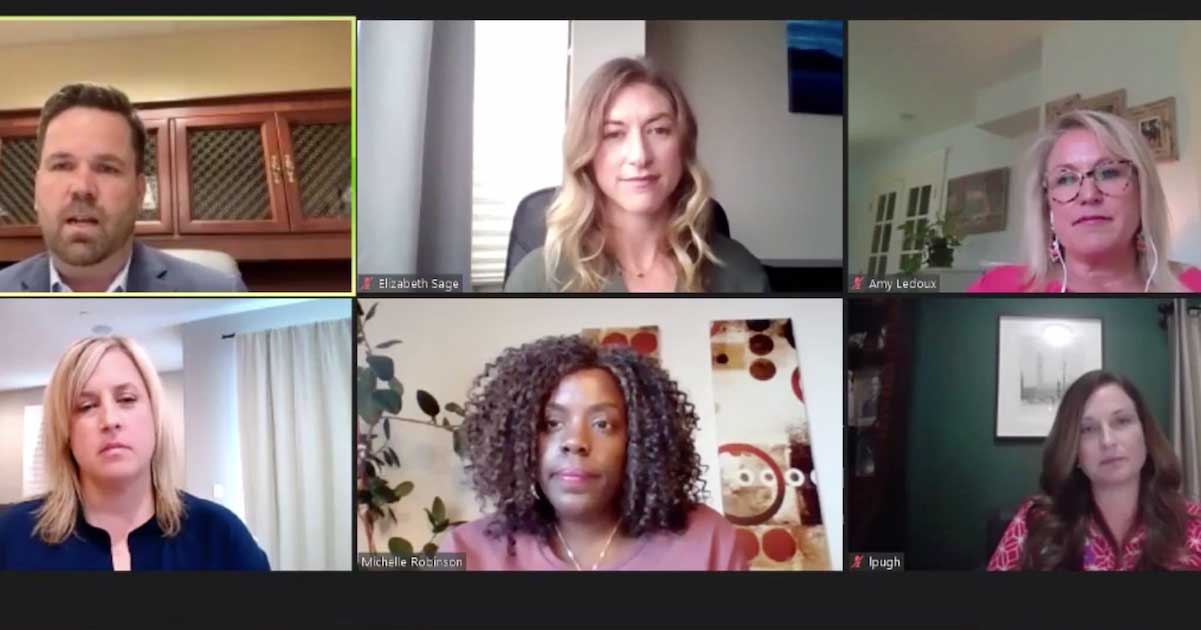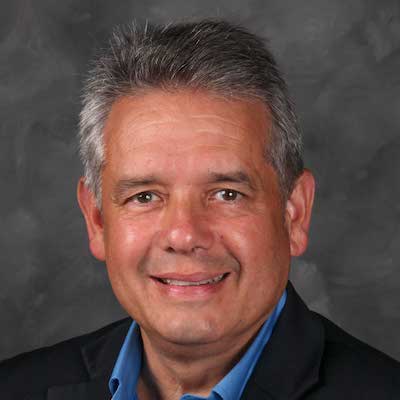What exactly is the new normal?
More than 2,000 meeting professionals engaged in a spirited dialogue during Meeting Professionals International’s “Navigating the New Normal Summit” this week.
The three-hour session, moderated by Lori Pugh Marcum, head of meeting innovation at MPI, focused on how some global companies are planning for the return of face-to-face meetings this year and into 2021. In addition, the summit shared insights into communication strategies in terms of frequency, content and purpose, and also offered tips on how meeting professionals will need to address the new market opportunity.
“It was magnificent to see the resiliency and camaraderie of the meeting and event industry, from all of the stakeholders that came together for the panel to people in the chat networking and connecting with each other, idea sharing and brainstorming solutions,” said Nancy Snowden, manager of curriculum and instructional development at MPI. “It shows the relevancy for associations like MPI and how meetings—whether our members are planning them or attending them—are catalysts for good.”
Keynote speakers included futurist Mike Walsh, CEO of Tomorrow, a global consultancy on designing companies, and Michael Bush, CEO of Great Place to Work, who spoke about purpose-driven leadership.
“Use this opportunity to really capture the why behind your meeting and event.”
A panel was composed of meeting planners sharing ideas and thought leadership on moving forward with events was moderated by Michelle Robinson, CMP, senior meeting planner for meeting and travel services at Nestlé Purina PetCare Co. The panel featured Amy Ledoux, CAE, CMP, chief learning and meetings officer at ASAE; Colleen M. Connor, CMP, vice president and head of conferences at Cetera Financial Group; Elizabeth Sage, CMP, associate director, events and trade shows at Illumina; and Tom Egan, director of sales and marketing at the Gaylord Texan Resort and Convention Center in Grapevine, Texas.
“They gave us candid insights that at this point, there are still more questions than answers,” said Annette Gregg, senior vice president, experience at MPI. “But they are all moving forward with some sort of reinvention, whether hybrid or virtual. They are starting to meet again.”
She said working with hotels and other partners is key, understanding that both sides are trying to navigate the new world we are living in.
“Use this opportunity to really capture the why behind your meeting and event,” Gregg said. “That why can dictate the reinvention of the experience.”
Walsh’s presentation examined how the future might look.
Coronavirus Education Resources: UNITE FOR RECOVERY
“I have to say as a futurist, I'm often getting asked how is it possible I missed all of the tremendous events of 2020,” he said. “In many ways, though, I think my failure was not predicting the pandemic. My failure was underestimating the possibility of an event that could so dramatically bring the future as we know it forward into the present.
“I think in the next few months it will be very interesting to see how your world comes back from this crisis. One thing is for certain—it is never going to be quite the same again.”
He challenged attendees to answer questions such as: “How fast can you act on what you learn?” and “How do you learn at the moment?”
Walsh said the next generation of companies are learning from their customers by looking at data, at what people do, and they are using technology to anticipate their needs before they have to ask.
He told meeting planners that their jobs will not disappear.
“It will simply change,” he said. “It is going to be interesting in the next few years.”
“People are longing for getting back to being with people, having another place to go to, because these things stimulate the mind, get creativity going.”
The panel of meeting planners, led by Robinson, shared insight on how each of their organizations are managing meetings in the current environment.
Ledoux, for example, spoke about ASAE’s annual conference, which will be a virtual-only event.
“That was not an easy decision for sure,” she said. “We are people people, and we want to meet face-to-face, so certainly we were hoping that our annual meeting was going to be the opportunity to reconvene the industry again.
“Looking at the various programs we had to offer and deciding whether we could also deliver the content and make sure that we reached our goals by delivering them virtually impacted us. We listened to our members.”
Sage said this has been a really interesting year from the trade show perspective.
“We’re kind of at the mercy of the show organizers in making the decision of whether to move forward or go virtual,” she said. “To date, most people have really been sort of just cancelling or postponing their events. This is a dynamic situation that is ever evolving.
“The new trade shows we have participated in have gone from mediocre to a lot less mediocre, I think is the best way to say it. It is a learning curve for everybody.”
Wellbeing Resources: Supporting the wellbeing of our meeting and event planner community.
Egan said the hotel side is going to remain consistent in looking at business as multi-faceted.
“Whether it be room rate, total space, food and beverage contribution or total financial contribution, all of those things will remain relatively consistent from today moving to the future. It is reasonable to estimate though, in 2020, we are looking at things a bit different for new business.”
Egan’s property, the Gaylord Texan, is the site for MPI’s World Education Congress in November.
Bush asked attendees to consider personal experiences when thinking about the future, particularly in light of the COVID-19 pandemic.
“These are human experiences that change us forever,” he said. “They are the things that combine us and bring us together as human beings. They are the things that make sure we come together because we have a shared experience toward a shared purpose.”
He said people are experimenting because they want to get back to business and they want to start connecting with other people because “we all know this is an essential part of innovation, to connect with other people, to learn new things and to question beliefs and have experiences that lead us towards new ways of doing things.”
Bush did emphasize the importance of physical and mental health during this crisis.
“This time has been stressful for people who have been working outside the home and stressful for people who have been working at home, particularly those who work at home and have very young children at home with no day care support or have an elderly member of the family at home with no outside support,” he said. “These stresses have affected everyone's mental health.
Companies are working hard to make sure that they help employees in terms of taking breaks in between their video meetings, making sure they get out for exercise and wear their masks while they are doing that.
“People have adapted because they have needed to. But people are longing for getting back to being with people, having another place to go to, because these things stimulate the mind, get creativity going.”
The webinar (click here for a recording) was sponsored by Visit Mobile, Visit Salt Lake, Discover Puerto Rico, PC Nametag, Marriott International and SpeakInc speaker’s bureau.



